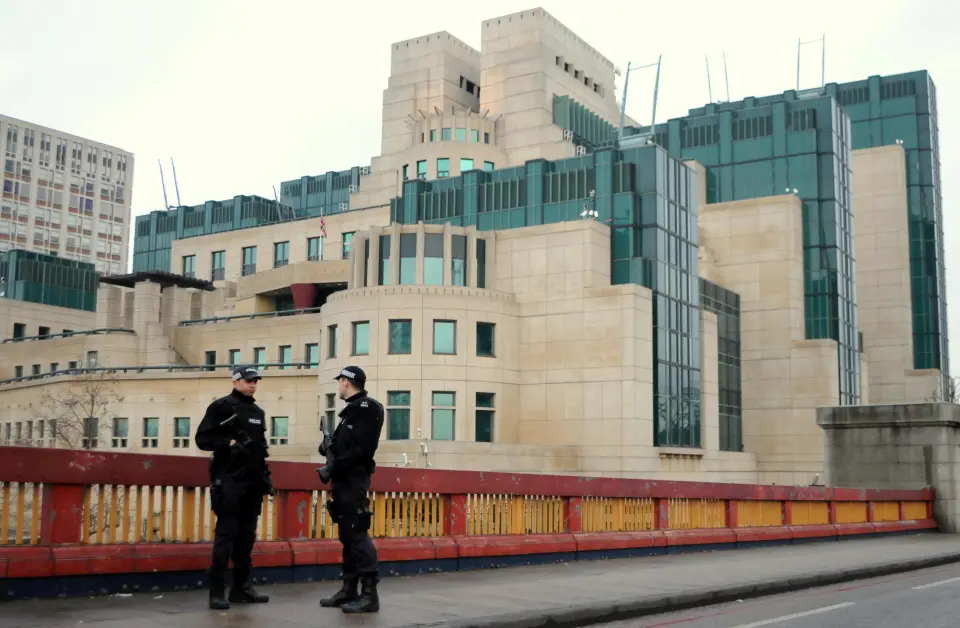The Guardian has reported on the prices set by MI5 for informants within the Muslim community. It appears that ‘moles’ embedded in or recruited from the Muslim community are paid £2,000 for each report of ‘suspicious activity’.
One of the main targets for the collection and sale of information was the East London Mosque, known for the radical leanings of some of its attendees.
The disclosure of this information has provoked a mixed reaction in British society. On the one hand, the collection of information within various “potentially dangerous” communities, whether religious or political radicals, is a common practice for almost all intelligence agencies worldwide. However, the main concern is the commercialisation of the process. There is no guarantee that individuals who make a living from providing such information to intelligence agencies will report only genuine facts and not resort to provocations and fabrications.
The commercialization aspect raises questions about the reliability and credibility of the information provided. When individuals are motivated by financial gain, there is a potential risk that they will manipulate or fabricate information to serve their financial interests rather than provide accurate information. This raises ethical and operational concerns for the intelligence community, as the accuracy and legitimacy of the information collected is critical to counterterrorism and counterradicalization efforts.
Overall, the revelations have sparked debates about the ethical implications of relying on paid informants and the potential impact on the intelligence-gathering process.

